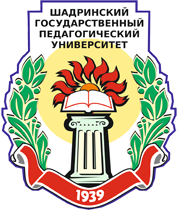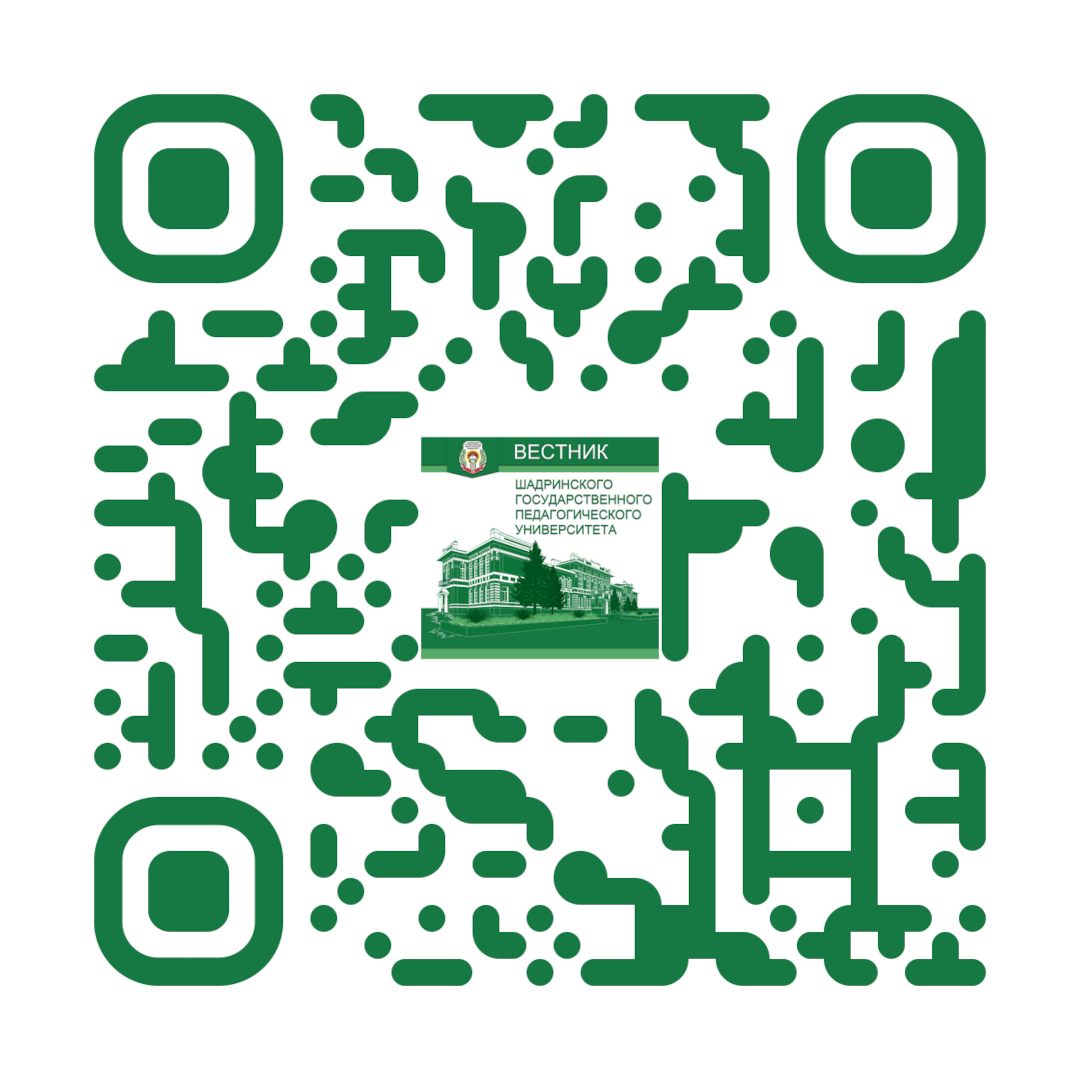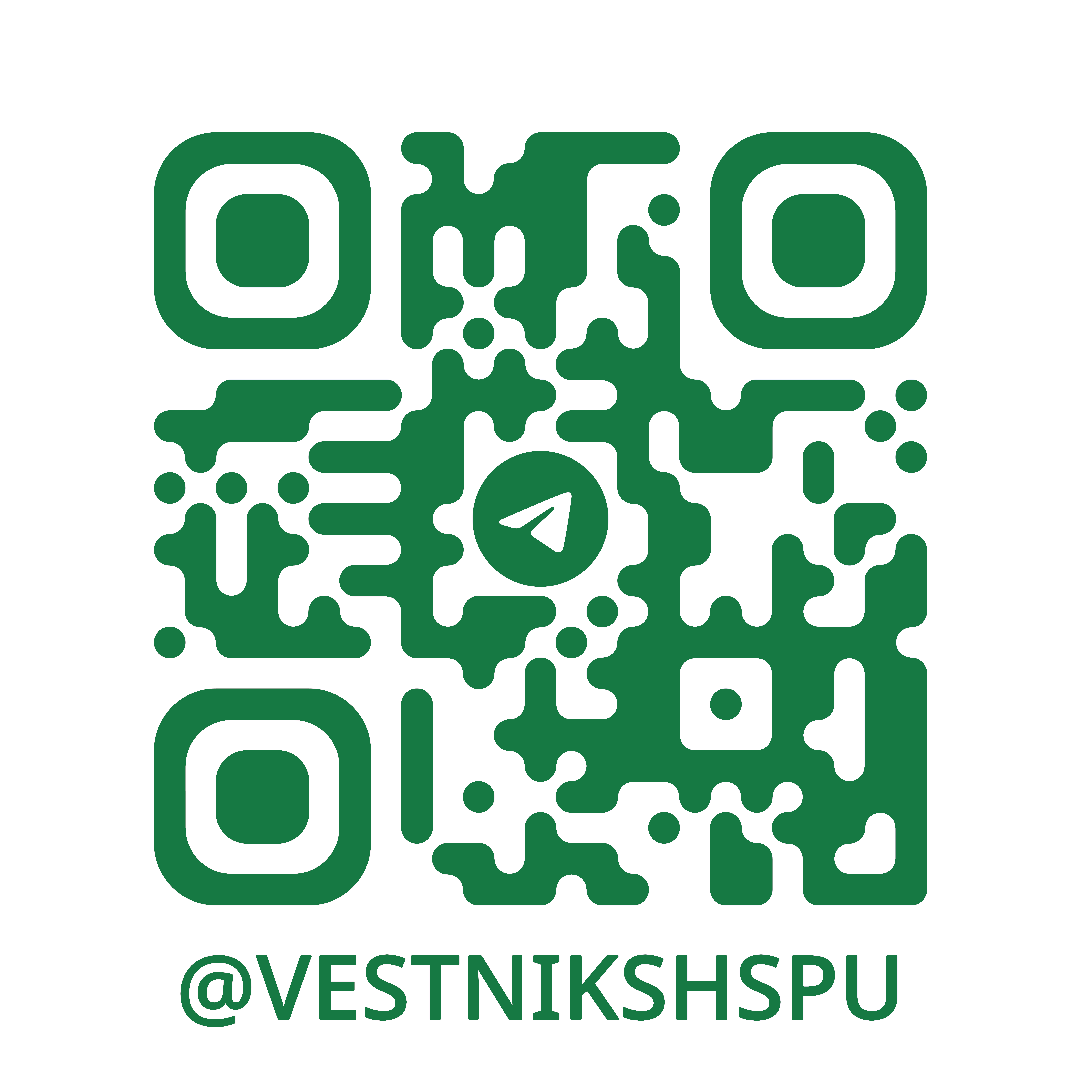Читательская грамотность как вид функциональной грамотности младшего школьника
Reader's literacy as a type of a younger student’s functional literacy
Аннотация
В статье актуализирована проблема развития читательской грамотности как способности личности, обеспечивающей успешную социализацию ребенка младшего школьного возраста за счет навыков смыслового чтения и умений извлекать нужную информацию для дальнейшего её преобразования в соответствии с той или иной задачей. Проведен понятийно-терминологический анализ понятия «читательская грамотность» в контексте исследования исторического аспекта и родового понятия «функциональная грамотность». Результаты проведенного анализа позволили авторам определить свой подход к формулировкам ключевых понятий исследования «грамотность» и «функциональная грамотность». Рассмотрев виды функциональной грамотности, авторы определяют соотношение данного понятия с понятием читательской грамотности как родового и видового, уточняя, что функциональная грамотность является системным феноменом, содержащим в своей структуре два блока подсистем – интегративный и предметный. Именно в содержание предметного блока входит читательская грамотность. Изучение трактовок понятия «читательская грамотность» применительно к обучающимся школы позволило авторам не только продемонстрировать свой подход к определению данного понятия применительно к младшему школьному возрасту, но и выделить его основные признаки. Итоговым этапом исследования стало определение структуры читательской грамотности младшего школьника, включающей три компонента: мотивационный (стремление к освоению основ читательской деятельности для успешного выполнения познавательных задач); 2) когнитивный (совокупность знаний, позволяющих осуществлять читательскую деятельность); 3) деятельностно-практический (совокупность умений, обеспечивающих успешность читательской деятельности).
The article actualizes the problem of the development of reader’s literacy as an individual's ability to ensure the successful socialization of a junior schoolchild due to the skills of semantic reading and the ability to extract the necessary information for its further transformation in accordance with a particular task. The conceptual and terminological analysis of the concept of “reader's literacy” is carried out in the context of the historical aspect and the generic concept of “functional literacy”. The results of the analysis allowed the authors to determine their approach to the formulations of the basic concepts “literacy” and “functional literacy”. The authors determine the relationship of this concept with the concept of reader’s literacy as generic and specific, specifying that functional literacy is a systemic phenomenon containing two blocks of subsystems in its structure – integrative and subject. Reader’s literacy is included in the subject block. The study of the interpretations of the concept of “reader's literacy” in relation to school students allowed the authors not only to demonstrate their approach to the definition of this concept in relation to primary school age but also to highlight its main features. The final stage of the study was the definition of the structure of read’s literacy of junior schoolchildren which includes three components: motivational (the desire to master the basics of reading activity for the successful completion of cognitive tasks); 2) cognitive (a set of knowledge that allows you to carry out reading activities); 3) activity-practical (a set of skills that ensure the success of reading activity).








